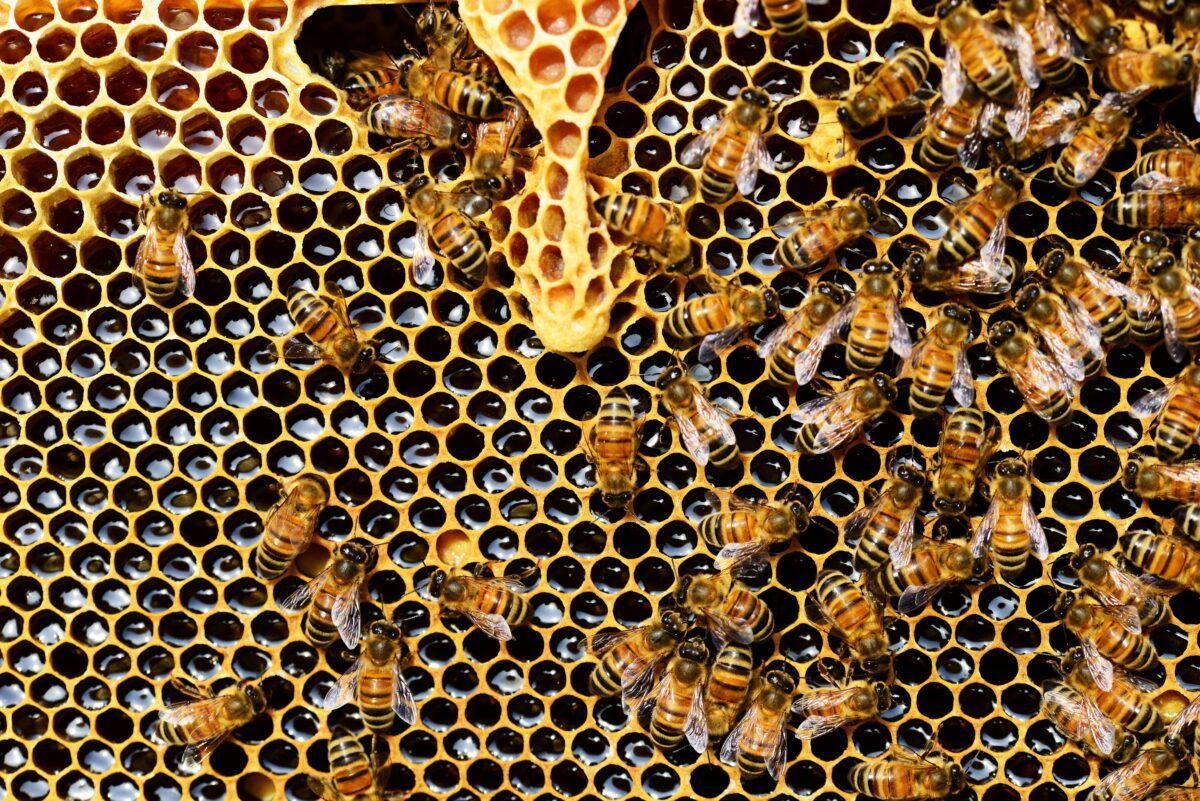Unemployed women in Zimbabwe’s second city are turning to nature to earn a living as they collect wild honey to sell in the country’s major cities.
Honey has proved to be popular here in Bulawayo, with virtually every corner of the central business district having women selling the sweet organic bee product.
Sarudzai Dambadza roams the city with a twenty-liter bucket full of honey every day, and by end of business, the bucket is empty, she says.
“There is a huge demand for organic honey in the city,” she says, and on a good day, the bucket is empty before midday.
City residents use honey for a variety of purposes, some health related, and Sarudzai says she sometimes finds herself overwhelmed by the demand.
But where does she get the honey from?
“I get the honey from Chiredzi,” she says in between serving a clutch of customers extending their hands for a sample taste before they make a purchase.
Chiredzi lies in the country’s south-east some 430 km from Bulawayo, and offers economic opportunities for women such as Sarudzai and in a country where the majority of women are without formal jobs.
However, amid such gloomy economic circumstances, it is nature’s sweetness that has residents licking their fingers and providing unexpected livelihoods, for from the honey she sells, Sarudzai is able to pay the bills and send her children to school.
With thousands of vendors in the city selling all kinds of wares, Sarudzai has found her niche selling honey.
According to the United Nations Development Program (UNDP) which has helped with setting up bee farming projects around the country, there are about twenty thousand beekeepers in Zimbabwe.
These professional beekeepers, however, sell to processors who then sell to supermarkets, while Sarudzai’s customers want the organic honey together with its raw combs.
As Sarudzai scoops the honey from the bucket, a customer insists on a spoonful of the honeycomb.

Sarudzai Dambadza scoops honey for a customer.
“That is the real honey,” the evidently satisfied customer declares, but Sarudzai is reluctant to reveal if she poaches the honey herself from the Chiredzi forests.
Despite the hard work Sarudzai puts into her enterprise, there is little to show she might be able to grow her business, and local women’s rights advocates are agitating for long term sustainability of female informal traders.
“The nature of the informal sector means these women have no access to the formal banking sector where they can access loans to expand their businesses,” said Sithabile Dewa, Executive Director of Women’s Academy for Leadership and Excellence.
“Most banks and lending institutions require collateral, which most women do not have, to release loans. Profits from the informal sector are so meagre and only allow women to feed from hand to mouth,” Sithabile said, highlighting the predicament of Sarudzai and millions of other women caught in Zimbabwe’s hamster wheel of economic hardship.
In the meantime, Sarudzai will continue bringing sweetness to the palates of her customers, and hope that her source of honey does not run dry.









